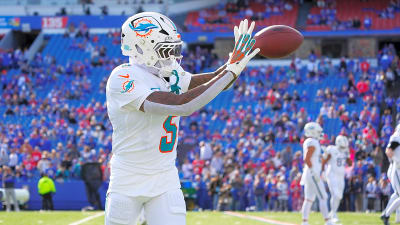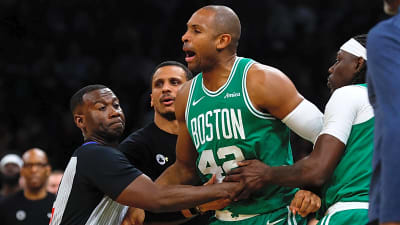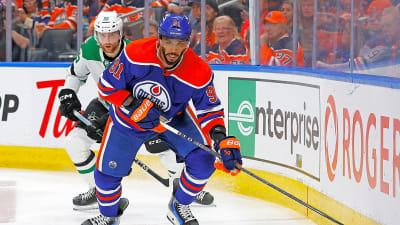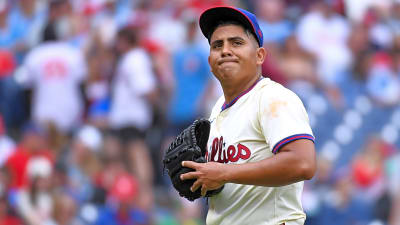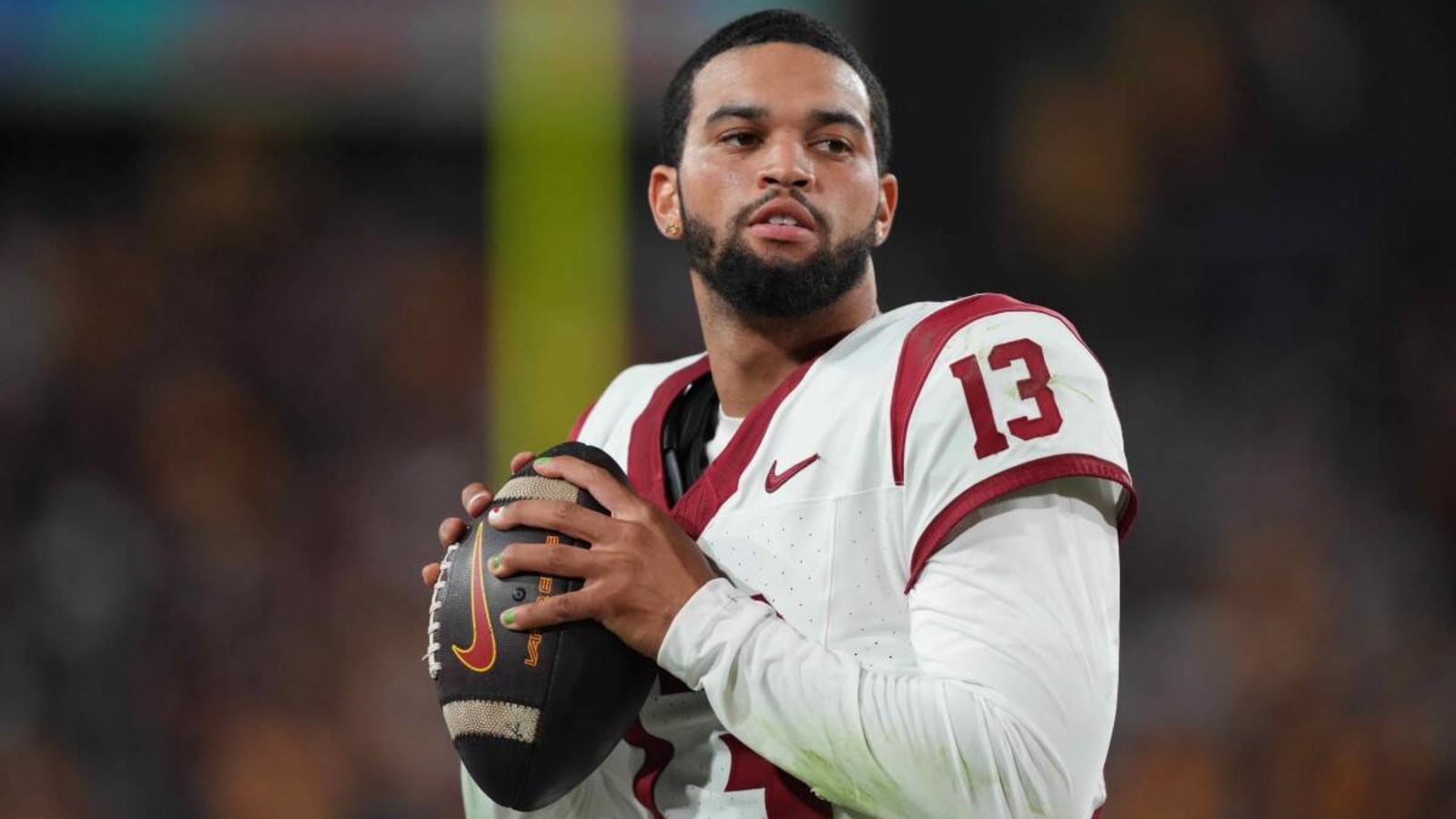
College Football currently finds itself smack dab in the middle of the Wild West when it comes to NIL and recruiting. Just months ago, the NCAA made good on an earlier promise to retroactively investigate NIL partnerships between high school recruits and collectives.
Tennessee's Nico Lamaleava is alleged to have committed to play football for the University of Tennessee, in part, due to his deal with a sports marketing agency in Knoxville called "Spyre Sports Group" and a closely related NIL collective, "The Volunteer Collective".
According to rules that the NCAA put in place after the fact, would've violated rules around how NIL collectives can communicate with high school recruits.
Recently, a federal judge in Greenville, Tennessee, granted a preliminary injunction against the NCAA in a NIL lawsuit previously filed by attorney generals in Virginia and Tennessee.
According to On3, the ruling "now allows booster-funded NIL collectives to communicate with high school recruits and transfer portal players. This means Nico Lamaleava should no longer be worried about facing penalties for his alleged dealings with Spyre and The Volunteer Collective.
So, what does this mean for USC football? Well, nothing, officially, yet.
But if you take the precedent set by this ruling and zoom out, a bigger picture begins to materialize. It shows Trojan fans, who have enjoyed watching talents like Caleb Williams, that USC is now inching towards a legal green light to flex its NIL muscle. Williams was at or near the top of On3's NIL valuation for much of his career as a Trojan. Not to mention Trojans's guard Bronny James is firmly atop that list as well.
The injunction from the federal judge this week shows the NCAA and interested parties that the courts aren't going to solve this dilemma for them. The ruling points towards a solution that would require the schools themselves to negotiate with the NCAA directly to find a viable path forward.
What experts like Andy Staples of On3 are saying is that this means schools may not be as reliant on NIL collectives in the recruiting process.
So, for example, if USC is recruiting a player who wants NIL money, the school might opt to facilitate NIL deals or pay players directly (contracts for college athletes are coming eventually) rather than call up the "House of Victory" to handle that side of the recruitment.
Something worth noting is the comparative strength of USC's NIL environment and its proven ability to attract top-tier talent in the NIL era. So USC wasn't in a bad situation to begin with, but it looks like as this ruling ripples through college sports, schools will begin to address the elephant in the room more directly in their conversations with recruits and transfers.
More must-reads:
- Why ESPN analyst is 'skeptical' of Steelers' offseason moves
- Sharks sign former top-10 pick to three-year extension
- The 'Multi-time NBA MVPs' quiz
Breaking News
Trending News
Customize Your Newsletter
 +
+
Get the latest news and rumors, customized to your favorite sports and teams. Emailed daily. Always free!
